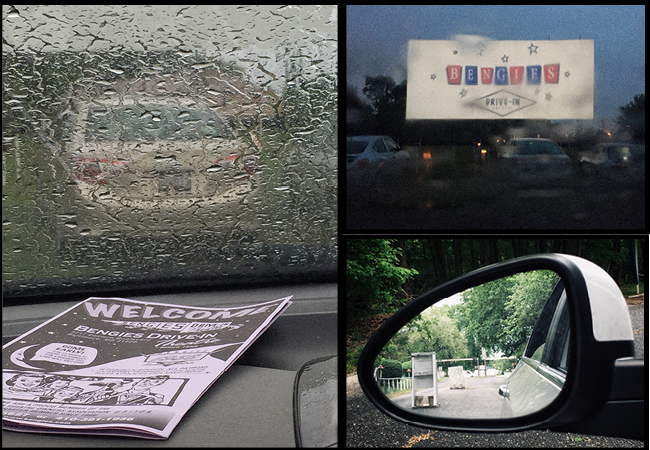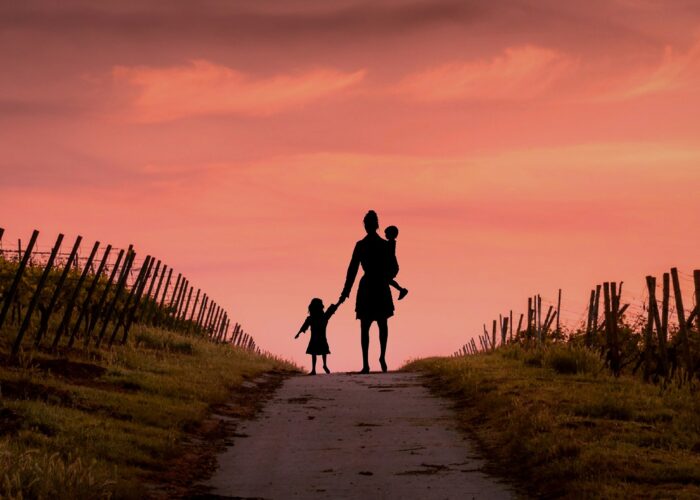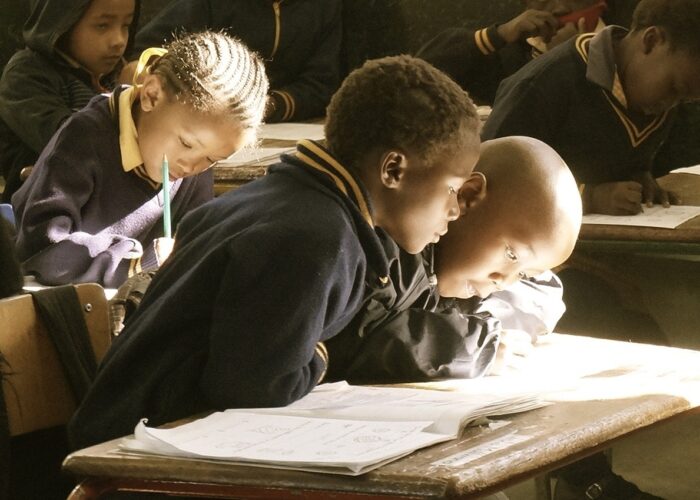Some of the news articles described and linked to in this post are clearly inspiring but others may surprise and alarm you. They aspire to broaden our perspective and understanding of single parents and their experiences worldwide.
If you have trouble getting to these links, feel free to email me at singleparentandproud@gmail.com and I’ll send PDFs of them to you.
The pink tuk-tuks of Sri Lanka empowering and protecting women
In a bright pink tuk-tuk or auto-rickshaw, a single mother from Sri Lanka is making money and challenging a male-dominated industry. Her customers and those of the women with whom she works are women, children and families, seeking to avoid the overwhelming and irrepressible harassment from men on public transport. Jega decided to be a tuk-tuk driver after her husband abandoned his family and refused to help with expenses, leaving her and their child to live in poverty. Today, she collects alimony in addition to her earnings from driving the tuk-tuk. However, life for women is difficult in Sri Lanka. A United Nations study in 2017 found that 90 percent of Sri Lankan women suffer from sexual harassment on public vehicles. “When they see a single woman, the community always tries to suppress you,” she said, but she is proud of the money she makes and the independence it affords, and she hopes more women will pursue this line of work.
Child support, those regular payments calculated to insure the basic needs of sons and daughters are covered, has been a point of contention for decades. The reasons — be they unemployment, underemployment and dispute — may seem to rationalize a missed payment or many, but these decisions are indebting a third of single mothers in the United Kingdom and hurting the very children this financial aid is engineered to protect, according to a recent study. As a result, these mothers are resorting to local food banks, loan providers and generous family members for support to make ends meet. Parents with legal agreements were found to fare better, because the payment plan and its enforcement were predicated on law. Informal arrangements that disregarded legal calculations resulted in child support payments that did not always reflect actual expenditures and tended to be lower. “If someone is not paying, then it’s the child that suffers. It can mean there is not enough money for activities like after-schools clubs or school trips. There is not enough money for just life generally,” said Hannah Cornish, a family lawyer from Slater and Gordon.
Child Care and Working Mothers
Providing historical, political and economic context for the importance and expense of childcare is certainly helpful, but without any actual solutions, this writer leaves me quite vexed. His research revealed that childcare, especially for single mothers, became increasingly more critical with the passage of President Bill Clinton’s welfare reform legislation in the 1990s. With work requirements attached to mothers receiving government assistance in the United States, they entered the workforce with children of all ages in need of care that consumed a large percentage of their income. Since then, childcare costs were found to burden not only single parents but also married parents with inadequate income. The writer indicates that state regulations regarding staff-to-child ratios and employee education requirements have added to childcare costs — more children, more staff, more education, more background checks, more childcare centers. His solution included fewer children, fewer staff and fewer center-based facilities — and look elsewhere for ideas. Reducing childcare expenses can also be achieved by increasing the “buying power” of families through increased federal funding. What do you think?
Child support cooperation requirements are a welcome addition to SNAP
The headline for this opinion piece clearly indicates the direction of its writer, who essentially advocates for US states to enforce another requirement for parents seeking to qualify for food assistance. His argument seems simple: “States should require custodial and non-custodial parents to enter child support agreements as part of the process for either party to receive SNAP [Supplemental Nutrition Assistance Program, formerly food stamps] benefits.” Many parents require this assistance, in part, because the non-custodial parent fails to pay child support, the column posits. In several cases, a formal child support agreement does not even exist, a problem that in the UK has led to indebtedness as well as financial insecurity. The US Department of Agriculture’s effort to close the child support deficit seems cavalier, but I question whether using SNAP to compel these agreements is the answer. And how would the USDA enforce the payment of child support and track the appropriate SNAP funding when the non-custodial parent refuses to pony up the cash? If the deadbeat parent mug shots in the news don’t rattle folks, I am very interested in seeing what the USDA would do. The real concern many parents have about entering these contracts was downplayed when the writer stated that the agreements “may undermine the relationship between custodial and non-custodial parents to force the non-custodial parent to pay child support begrudgingly, and could lead to abuse and violence.” The assurances that a “good cause” exemption would address these situations offered me little comfort. Ultimately, the shared financial responsibility of both parents toward their care of their child or children is not in dispute, but how that is achieved raises questions.
This commentary examines the impact of austerity cuts in a government program in the United Kingdom on single mothers. Several thousand single mothers are turning to prostitution, so-called “survival sex,” to cover basic expenses. The writer is a spokeswoman for the English Collective of Prostitutes, a group that has been campaigning for the decriminalization of prostitutes, the rights of sex workers and provisions for financial alternatives so prostitution is not a last resort to avoid poverty. The situations she presents are grim and terrifying. One single mother had a daughter with disabilities requiring care and attention. Another mother helped her get hired at a local massage parlor. “‘[I’m] keeping my fingers crossed that we don’t get a visit from the police,’” the mom added. A single mother added that she was considering online advertising and “doing outcalls to men’s homes and hotel rooms. ‘I’m already struggling to make it to the end of the week with the money I have.’” Many single mothers have been affected by changes in the government’s Universal Credit benefit that helps working-age people, causing sacrifices and risky choices to be made.
Editor’s note: This photo came from VisualHunt.com.
On Thursdays I will be sharing a blog about a day in the actual life of a single parent. Every fourth Thursday, instead of a personal post, I will put together one where I assemble news on and about single parents nationally and globally.
I would love to hear from you! Feel free to send any comments and questions to me at singleparentandstrong@gmail.com. I am also on Twitter @parentsonurown and can be found by searching #singleparentandstrong.







Good article. I absolutely appreciate this site. Keep it up!
I couldn’t resist commenting. Very well written!